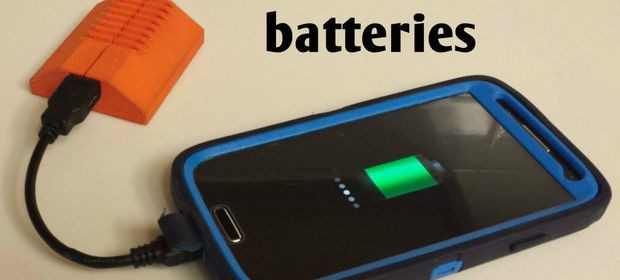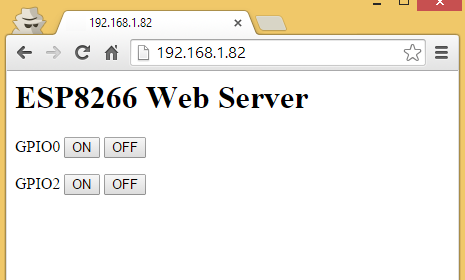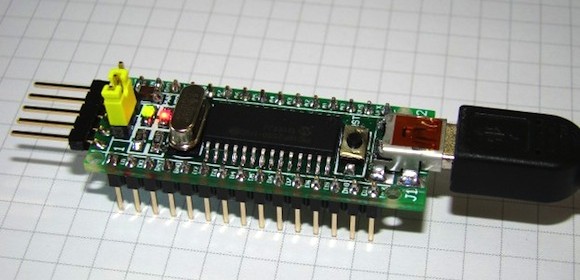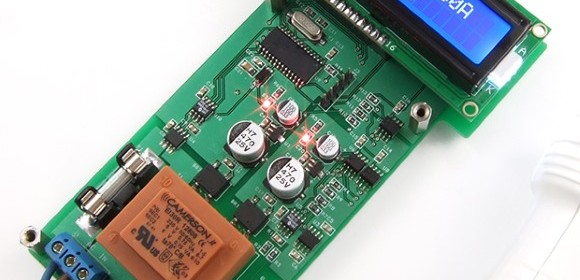Making a low cost portable phone charger

If you have any spare old phones with no use lying around, you may want to use their batteries to build this portable charger for your new smartphone. On the electronics side, this project only requires a LiPo battery charger module and a step-up voltage converter module, both of which can be bought for less than $5 on eBay.
Read more

